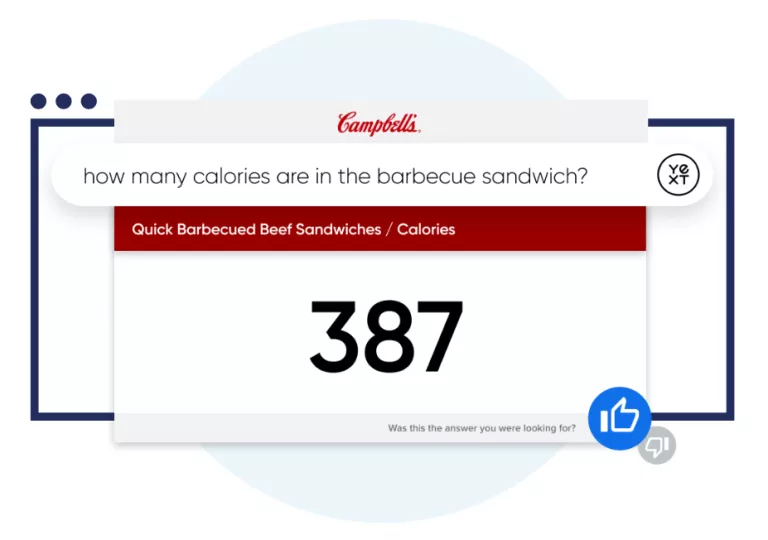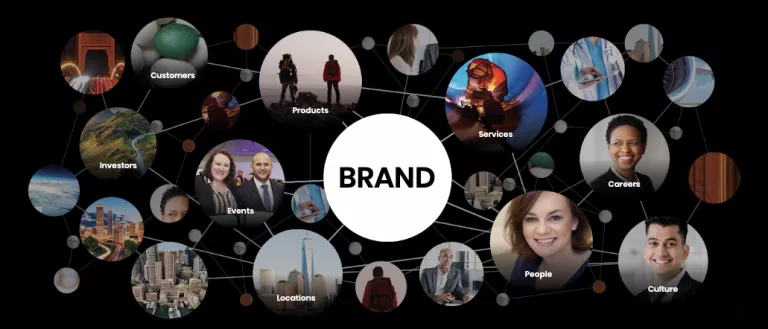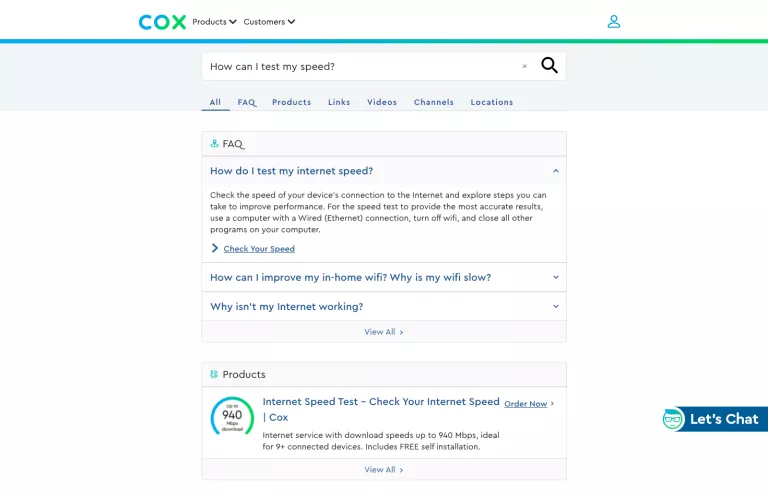How to Supercharge Your Acquia Site with AI Search
- 7 minute read
-
This is the first blog post in a series of blogs from Yext, highlighting how adding natural language powered AI search to your website can help to provide a best-in-class web experience.
Supercharge Your Acquia Site with Yext’s AI Search
The world of search has changed. When people ask a question online, they increasingly get direct answers (like a product, an FAQ, an event, or a location). This change has retrained consumers to simply ask for what they want, in their own words.

Instead of typing in a keyword, they’re asking longer, more precise questions at every stage of their journey. And they’re asking these complex, nuanced questions not just on Google and Amazon Alexa, but on your business’ website too.
To provide a great search experience and accurately answer your customers’ questions, you’ll need to not only understand their natural language query, but also provide actionable results. Those results can surface as a direct answer to their question, a map, a product listing, or a call to action such as a link to book an appointment.
Foundation of Natural Language — A Knowledge Graph
The basis of a best-in-class search experience is Natural Language Understanding — It is critical to know what your consumers are actually asking for.
In order to set your brand up for success, the first thing you need to do is start building from the ground up. In other words, you need to store your data in a way that lends itself to natural language understanding. Enter the knowledge graph.

A knowledge graph is a brain-like database, used by companies like Google and Amazon, that’s optimized for answering questions.
When your customers search for things like “stores,” “products,” “offers,” or “events,” they’re not actually searching for those words…they’re searching for the real things those words refer to. A knowledge graph can understand the intent behind those words — which enables it to return better results that help your customers get what they are actually looking for in the real world.
Another critical capability of a knowledge graph is the ability to understand the relationships between the different entities (real world “things”) stored in it. Establishing the complex relationships between your entities is key to answering those complex questions your customers are asking.
A Multi-Algorithm Approach
Even after structuring your data in a knowledge graph, the data will still live in a number of different states, and with that in mind there is no one algorithm that can answer every question.
Data can be:
- Structured like a product with pricing, colors, and other attributes tied to it
- Semi-Structured like an FAQ and its variations
- Unstructured like a long form blog or help article
Each algorithm must be called on in the right situations:
- For structured data, we utilize Named Entity Recognition based on Google's open source machine learning framework BERT to detect potential filters and show structured results from a Knowledge Graph
- For semi-structured data, we can leverage Semantic Text Search, so that, instead of relying on keywords, we can embed queries and searchable content from your Knowledge Graph in vector space and use an algorithm to identify the most relevant entities
- For unstructured data, Document Search allows us to identify the most relevant documents and answers. With Extractive QA, you can even extract relevant snippets from the documents that answer the query posed.
By utilizing multiple algorithms working in parallel, we can efficiently search for relevant content across your different data types for each query. Plus, these just scratch the surface of the toolkit of algorithms your brand can have at its disposal.
Supercharge your Acquia Drupal website using a plug-and-play integration with Yext’s best-in-class AI search

Natural language processing, knowledge graphs, and multi-algorithm approaches sound like really challenging and complex problems to solve… and they can be. The good news is that there is an easy way to solve this difficult problem.
Yext Answers helps you build amazing AI search experiences based on natural language understanding, a knowledge graph, and using a multi-algorithm approach. From backend configuration to frontend customization, Answers provides the tools you need to answer your users questions on your website, in your app, or anywhere else people are searching.
Yext works with some of the largest brands around the world across all sizes, geographies and verticals. In October 2021 Yext and Acquia announced two integrations: an out-of-the-box data connector and a plug and play search module.
With Yext Answers there are a variety of advanced customizations available to build an experience that fits your brand and provides the amazing experience your customers expect. Integrating with Acquia and Drupal makes this process easy and allows you to provide a powerful AI search experience quickly.
"We're excited to collaborate with a company like Yext that shares our vision for exceptional digital experiences," said Kevin Cochrane, SVP of Product Marketing at Acquia. "There's true power in being able to combine an agile CMS with a modern AI search experience, and we're so excited to see the possibilities these integrations open up for the businesses using our platforms across industries."
Giving your users an intuitive and powerful search experience is vitally important. It can also be very difficult, which is why so many organizations aren’t able to do it. Yext provides the fastest, easiest, and most powerful approach to AI search available today, and it gives you an immediate advantage over everyone else. With the turn key integration available in Drupal, you can get started immediately and focus on delivering the best experience possible with the best tools available.
Learn more about how Yext and Acquia can help you boost on-site conversion, reduce customer support costs, and gain new customer intelligence.
Check out Yext’s Documentation or Hitchhikers guide for how to integrate Answers with Drupal. You can also learn more about Yext's Drupal integrations in this on-demand webinar.






